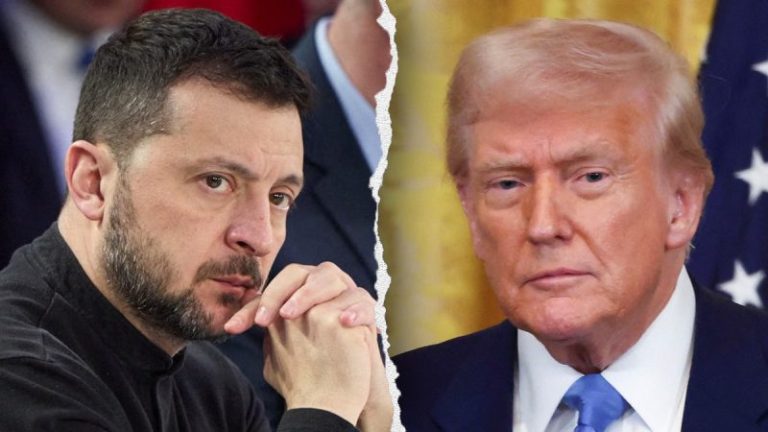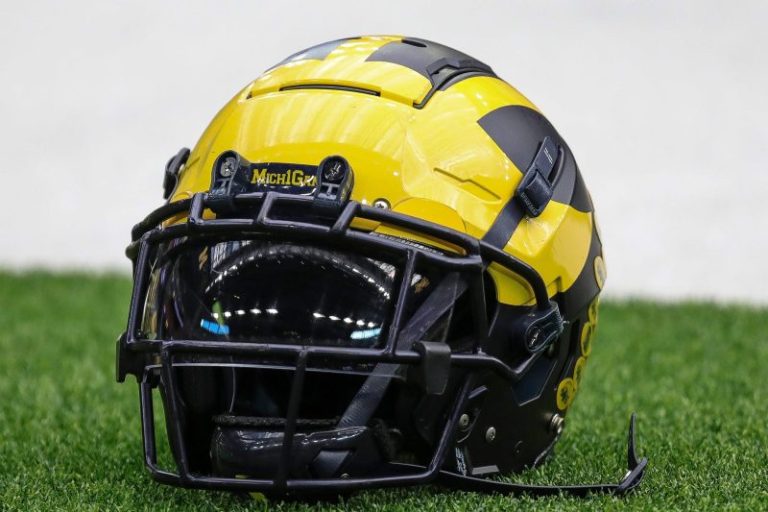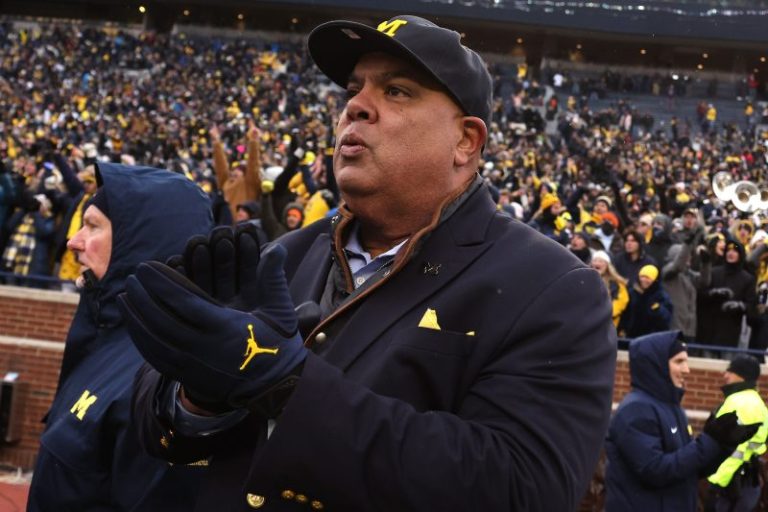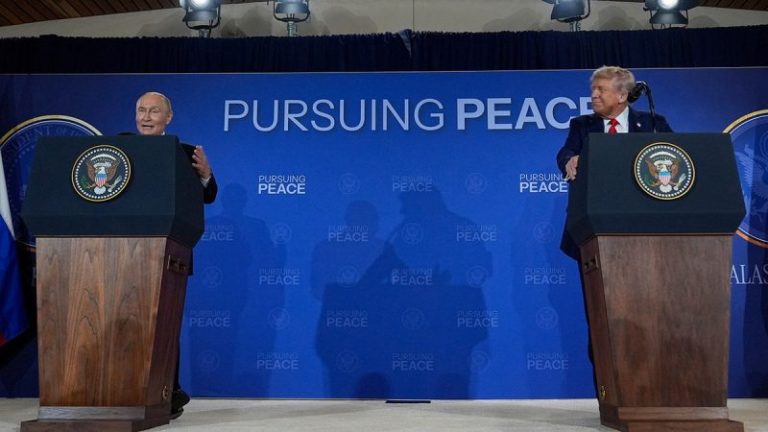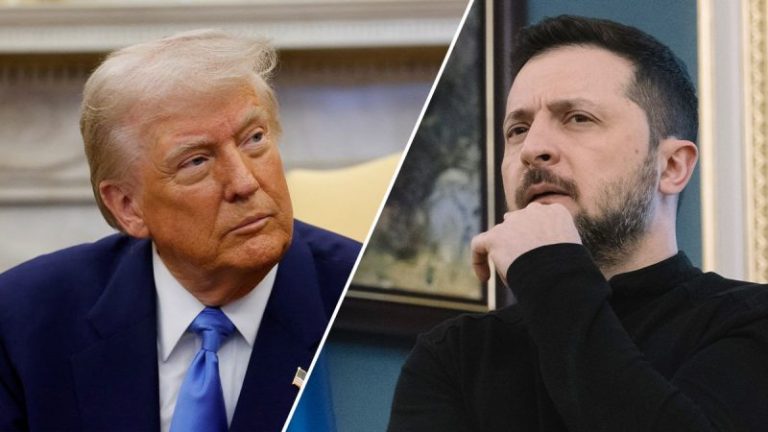There’s no stopping Robert MacIntyre so far at the 2025 BMW Championship.
The Scottish lefthander backed up his first round 62 at the PGA Tour’s second FedEx Cup playoff event with a 64 in Friday’ second round at Caves Valley Golf Club in Owings Mills, Maryland. MacIntyre finished Thursday with a six-birdie flourish and then birdied his first hole in Round 2. He sits at 14-under for the tournament after 36 holes and will enter the weekend with a five-shot lead over tournament favorite and world No. 1 Scottie Scheffler (-9), who holds sole possession of second place after two rounds.
Ludvig Aberg (-8) and Hideki Matsuyama (-7) are also in contention ahead of Saturday’s third round after matching MacIntyre’s 6-under 64 for Round 2. Only the top 30 in the FedEx Cup standings after Sunday’s final round qualify for The Tour Championship.
BMW Championship leaderboard
1. Robert MacIntyre: -14 (F)
2. Scottie Scheffler: -9 (F)
3: Ludvig Åberg: -8 (F)
4: Hideki Matsuyama: -7 (F)
T5. Tommy Fleetwood: -6 (F)
T5. Michael Kim: -6 (F)
T5. Maverick McNealy: -6 (F)
T8. Harry Hall: -5 (F)
T8. Sam Burns: -5 (F)
T8. Viktor Hovland: -5 (F)
11. Rory McIlroy -4 (F)
T12. Russell Henley -3 (F)
T12. Rickie Fowler -3 (F)
BMW CHAMPIONSHIP: Full leaderboard, updated tee times
Scottie Scheffler finishes Round 2 in second place
Scottie Scheffler recorded pars on the final six holes of the second round to card a 5-under 65 for the day. The No. 1 ranked golfer in the world sits at -9 for the tournament and in second place heading into the third round on Saturday, Aug. 16. Scheffler is five shots behind overall leader Robert MacIntyre, who is -14 through two rounds, and one shot ahead of Ludvig Aberg, who sits in third at -8.
Rickie Fowler (-2 through 17) and Jhonattan Vegas (+6 through 17) are the only two golfers still on the course.
Rory McIlroy nears top 10 after eagle
Rory McIlroy has suddenly worked his way back into the top 10 conversation on the BMW Championship leaderboard. He just got an eagle at No. 17 to move to 4-under for the tournament and 4-under for the round playing in a pairing with Scheffler again. McIlroy had a birdie at No. 1, a three-putt double bogey at No. 3, three-straight birdies starting at No. 9 and then this move on one of two par 5s on the course.
Scottie Scheffler takes sole possession of second
Scottie Scheffler followed up his birdie on the 11th hole with another one on Hole No. 12 to move to 5-under for the day and -9 for the tournament. After hitting a nearly perfect tee shot on the par-4, 506-yard hole, Scheffler’s approach shot left him 7 feet from the cup on his third shot. With the birdie, Scheffler moved pass Ludvig Aberg into sole possession of second place, five shots behind clubhouse leader Robert MacIntyre, who is -14 through two rounds.
Scottie Scheffler moves into tie for second
Scottie Scheffler nailed his approach shot on the 301-yard, par-4 11th hole, leaving him a two-foot putt. Scheffler collected the birdie to move to 4 under for the round and into a tie for second place with Ludvig Aberg at -8 for the tournament. Aberg is already in the clubhouse as is early leader Robert MacIntyre, who is sitting on a six-shot lead.
MacIntyre finishes round, increases lead
Robert MacIntyre is halfway to the BMW Championship after finishing his round with 6-under 64. He sits at 14-under for the tournament, seven shots ahead of Hideki Matsuyama, who also completed his round at 6-under. Scottie Scheffler is also seven shots back after three birdies in his first five holes of play.
MacIntyre is on fire
Robert MacIntyre continues to excel as he birdies No. 14, extending his lead to 13-under as he approaches the final three holes of the round.
Fleetwood birdies on No. 9
Tommy Fleetwood is now three strokes behind after making a birdie at the 9th hole, bringing his total to 8-under par, while Robert MacIntyre leads at 11-under.
Fleetwood attempts to narrow the lead
Tommy Fleetwood is now at 7-under as he approaches the No. 7 hole, reducing the gap to four strokes behind leader Robert MacIntyre.
MacIntyre extends his lead
Robert MacIntyre has extended his lead to 10 under par after making a birdie on the fourth hole. He currently leads Tommy Fleetwood, who is in second place at five under, by five strokes as the second round continues.
Daniel Berger seizes first birdie
After a plethora of pars and bogeys, Daniel Berger birdied the first hole of his second round. Berger is at even-par for the tournament.
Par for the course
Four golfers have taken the course, and all four are even. After Harry Hall and Jason Day posted a par on hole No. 1, Matt Fitzpatrick and Si Woo Kim followed suit. Brian Campbell and Denny McCarthy have just teed off to start their second round.
BMW Championship Round 2 is underway
The second round has started at Caves Valley Golf Club with Harry Hall and Jason Day on the course.
What time is BMW Championship?
The second round of the 2025 BMW Championship starts at 9:21 a.m. ET on Friday, Aug. 15.
How to watch BMW Championship: TV channel, streaming
The 2025 BMW Championship, the second event of the PGA Tour’s FedEx Cup Playoffs, will be televised nationally on the Golf Channel and NBC. It can be live streamed via ESPN+, Peacock and Fubo depending on the time. Here’s the full broadcast schedule for all four rounds:
All times Eastern
Friday, Aug. 15
9:15 a.m.-6 p.m. on ESPN+
2-6 p.m. on Golf Channel, Fubo
Saturday, Aug. 16
9 a.m.-6 p.m. on ESPN+
1-3 p.m. on Golf Channel, Fubo
3-6 p.m. on NBC, Peacock
Sunday, Aug. 17
9 a.m.-6 p.m. on ESPN+
Noon-2 p.m. on Golf Channel, Fubo
2-6 p.m. on NBC, Peacock
BMW Championship tee times, pairings
Second Round – Friday
All times ET.
9:21 a.m. — Harry Hall, Jason Day
9:32 a.m. — Matt Fitzpatrick, Si Woo Kim
9:43 a.m. — Brian Campbell, Denny McCarthy
9:54 a.m. — Ryan Gerard, Daniel Berger
10:05 a.m. — Chris Gotterup, Jacob Bridgeman
10:16 a.m. — Sam Burns, Sungjae Im
10:27 a.m. — Hideski Matsuyama, Robert MacIntyre
10:43 a.m. — Collin Morikawa, Corey Conners
10:54 a.m. — Justin Thomas, Tommy Fleetwood
11:05 a.m. — Justin Rose, J.J. Spaun
11:16 a.m. — Cameron Young, Ludvig Aberg
11:27 a.m. — Tom Hoge, Bud Cauley
11:38 a.m. — J.T. Poston
11:54 a.m. — Xander Schauffele, Michael Kim
12:05 p.m. — Kurt Kitayama, Thomas Detry
12:16 p.m. — Ryan Fox, Taylor Pendrith
12:27 p.m. — Lucas Glover, Sam Stevens
12:38 p.m. — Viktor Hovland, Akshay Bhatia
12:49 p.m. — Nick Taylor, Shane Lowry
1:05 p.m. — Brian Harman, Patrick Cantlay
1:16 p.m. — Keegan Bradley, Maverick McNealy
1:27 p.m. — Ben Griffin, Russell Henley
1:38 p.m. — Scottie Scheffler, Rory McIlroy
1:49 p.m. — Andrew Novak, Harris English
2 p.m. — Jhonattan Vegas, Rickie Fowler
FedEx Cup standings
Listed below is the top 10 golfers in the FedEx Cup standings. These are the golfers that have qualified for the BMW Championship this weekend. For a full list of standings, click here.
Scottie Scheffler: 5,456 points
Rory McIlroy: 3,444 points
J.J. Spaun: 3,344 points
Justin Rose: 3,220 points
Sepp Straka: 2,783 points
Russell Henley: 2,579 points
Ben Griffin: 2,555 points
Tommy Fleetwood: 2,433 points
Justin Thomas: 2,395 points
Harris English: 2,269 points
Our team of savvy editors independently handpicks all recommendations. If you purchase through our links, the USA Today Network may earn a commission. Prices were accurate at the time of publication but may change.
This post appeared first on USA TODAY


